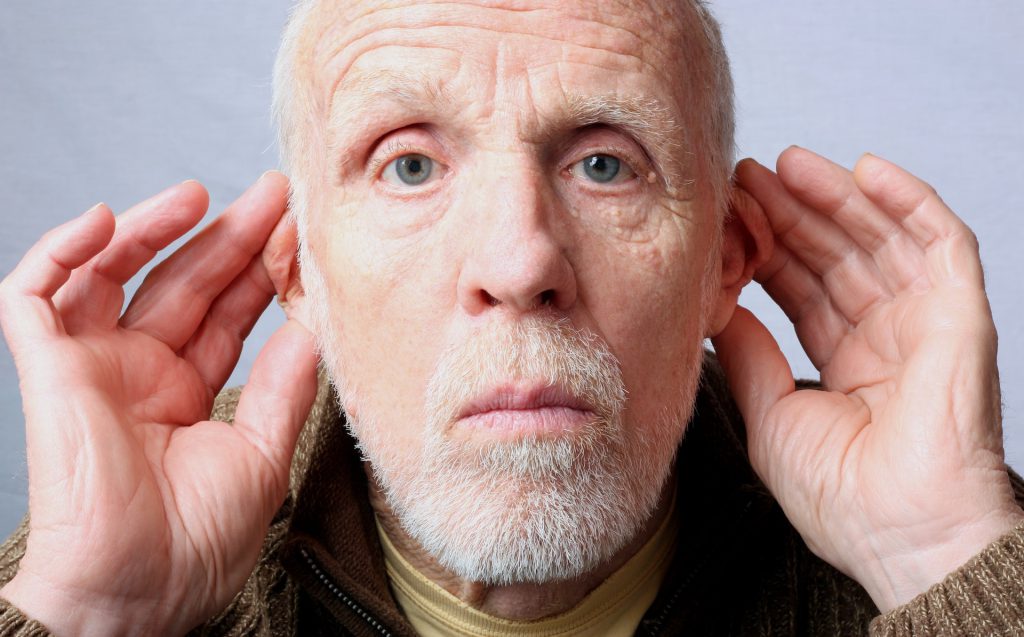Hearing and Old Age: Learning More About Presbycusis

Collaborative Post
Did you know that nearly one in three individuals above the age of 65 suffer from hearing loss? As a person gets older, they are likely to suffer from a gradual decrease in hearing, eyesight, and other cognitive functions. In this article, we will look into age-related hearing loss: its causes, diagnosis by an audiologist, and treatment options.
What Is Age-Related Hearing Loss?
Age-related hearing loss refers to auditory impairment as a person gets older. Medically known as presbycusis, this condition begins by affecting a person’s ability to hear high-pitched sounds like a bell ringing or microwave beeping. The hearing loss is gradual but begins to progress rapidly once it starts.
The Causes of Presbycusis
Our ear undergoes several changes as we age, and the auditory nerve can begin to deteriorate, permanently altering the signalling pathway from the ear to the brain. External and genetic factors can also determine how pronounced your age-related hearing loss will be. For example, if hearing impairments run in your family, there’s a high chance you’ll get one. Health conditions like pronounced diabetes or blood pressure issues can also impair hearing in the long run.
If you’ve had a severe infection that needed several ototoxic medications (such as antibiotics or NSAIDs), it could result in an early onset of age-related hearing loss around the age of 55 to 60. Head trauma, loss of hair in the ear with age, and exposure to loud noises throughout your life can also play a role in advancing age-related hearing.
How to Diagnose Age-Related Hearing Loss?
Early diagnosis is crucial when it comes to presbycusis. You should make an appointment with an audiologist as soon as you begin experiencing difficulty hearing. Symptoms of an age-related hearing problem in its early stage include ringing in your ears, struggling with background noise, hearing muffled or jumbled up speech when people are talking, and finding it hard to hear high-pitched sounds.
Your healthcare professional will use an otoscope to shine light in the inner ear to check for damages and blockages. They may ask you to describe the loudness of the sound made by a tuning fork when made from different locations.
Another supplementary test for those above 50 years old is the Mini Audio Test (MAT). Here, older individuals are asked to fill out a questionnaire identifying problems they’ve had with hearing or experiences with others when following a conversation.
The most common and effective treatment option for age-related hearing loss is hearing aids. These devices are either placed inside or on the ear to facilitate hearing. Other treatments or management options are also available, such as a device to amplify sound, speech-to-text converters, and learning speech techniques like sign language.
Endnote
There is no true way to eliminate age-related hearing loss entirely, considering it develops as a result of the natural ageing process. However, it’s best to protect yourself from loud noise as you grow older to reduce how fast the hearing loss progresses.
It’s a good idea to make an appointment with your audiologist as soon as you feel like you might be developing a hearing problem approaching your 60s. Regular general health checkups are also a good idea to make sure no other conditions are adding to your hearing loss.
Photo by Sharon Waldron on Unsplash

